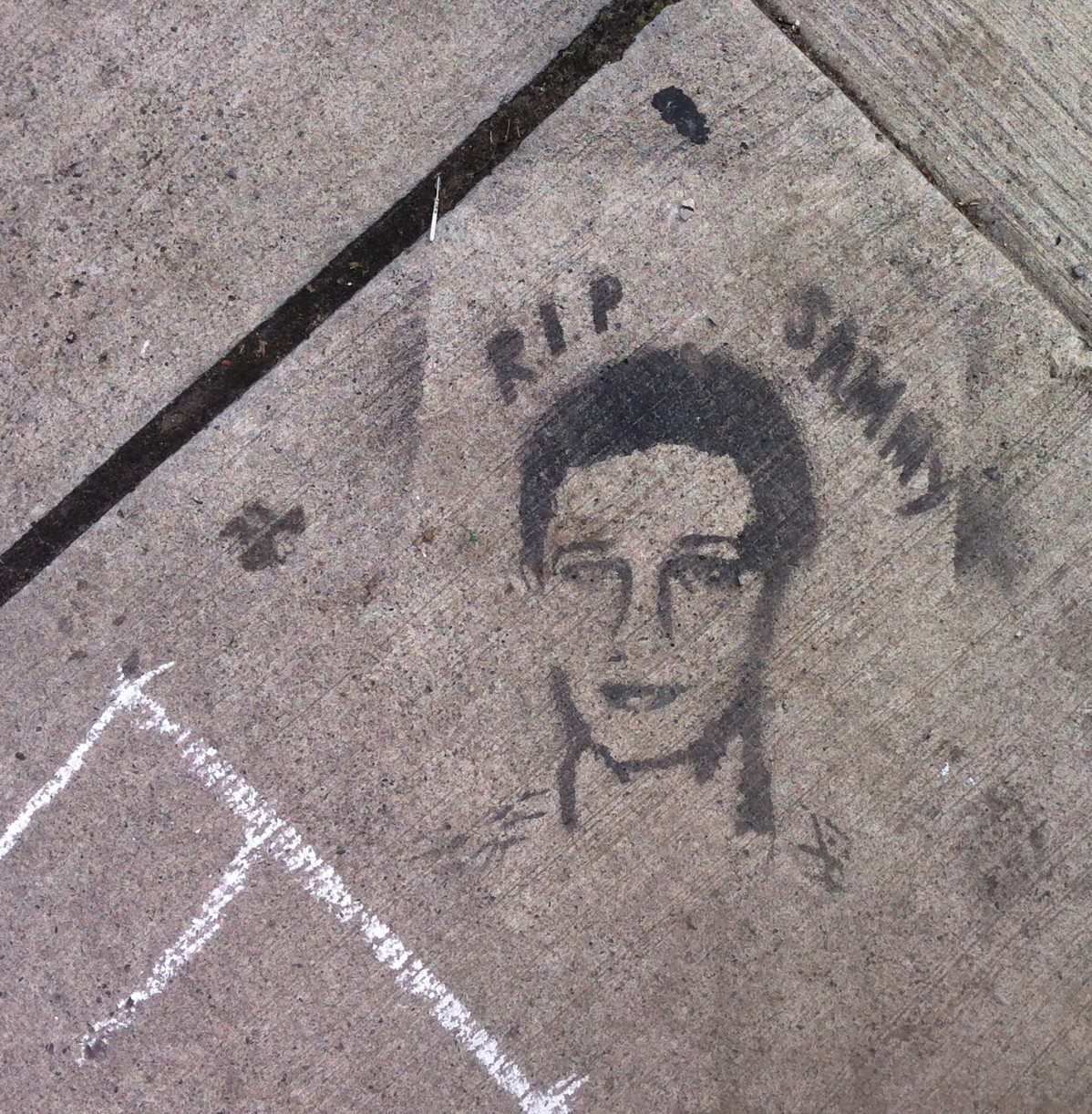New training days not enough to save people in crisis from police
Following a jury finding James Forcillo guilty of attempting to murder Sammy Yatim, mayor John Tory and Toronto police chief Mark Saunders spoke of the curious idea that an entire community needs to pull together to prevent more tragedies like this. There is no doubt that Forcillo’s killing of Yatim is indicative of a complex set of problems which requires many stakeholders to address.
But let’s not confuse the issue, the community didn’t shoot an emotionally disturbed 18 year-old on an empty streetcar, Forcillo did. And there is good reason to think that police will kill people that need help more than they need threatening ultimatums.
The training of Toronto police officers, particularly related to interactions with persons in emotional distress, has become a significant issue in the wake of Yatim’s killing. Following Forcillo’s verdict, both chief Saunders and mayor Tory pledged their commitment to a zero harm, zero deaths emphasis for police training.
Zero harm and zero deaths sounds great. But let’s keep in mind that according to City News, the new training paradigm adds up to only an extra day of training for police already in service and an additional week for new recruits.
New recruits currently get 24 weeks of training. An extra week is a meagre four per cent increase in training for new recruits of the Toronto police.
Giving this four per cent increase in new recruit trainings the benefit of the doubt, how can we have confidence that an extra day of training will stop police already in service from firing on people having emotional meltdowns?
Considering the testimony of Paul Bonner, a defensive tactics instructor who teaches at the Ontario Police College, there is no reason to have confidence that another day of training will undo what Toronto police have been taught.
Bonner testified that Forcillo was out of options with Yatim and that Toronto police are trained to believe that aiming a gun at someone is means of de-escalation. If this tendency to draw guns and view potential fatal tactics as primary options is deeply engrained in Toronto police – indeed it took less than a minute for Forcillo to decide to shoot Yatim – then it’s hard to imagine a day of training will erase what’s been learned.
One additional week or day of police training is not likely to have saved Yatim’s life, gotten him off of the streetcar and towards the help he needed. One day or week of training represents the same kind of policing status quo that resulted in the 18-year-old being killed before he could attend his classes at George Brown College in the fall of 2013.
Yatim’s fate was decided by Forcillo on a Dundas streetcar. Nothing can change the events of July 27, 2013. And nothing will change until the police are forced to be more accountable than minute increases in training time.


